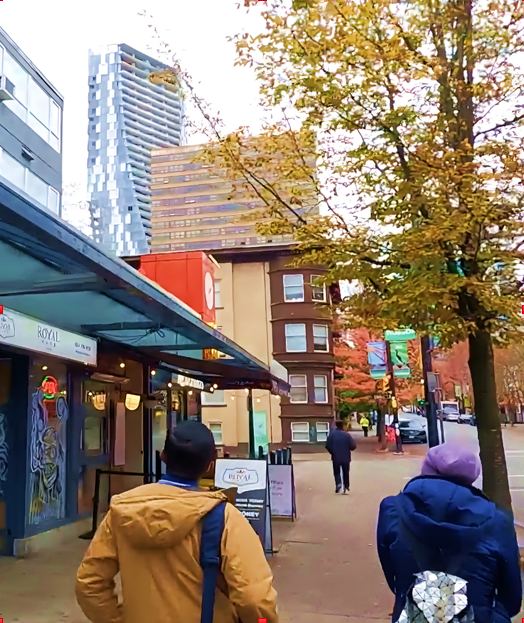City Know-hows

Target audience
For the attention of: Policy officers/other professionals working as part of international cooperation agencies (i.e., those who provide funding and guide research priorities.); Public officials working in national, regional and local governments who are responsible for assigning research budgets; City planners who can influence calls for action and create spaces for dialogue with researchers to discuss information needs and support policy makers’ capacity to apply research results.
The problem
The health argument appears to be largely untapped as a justification for urban decision- and policy-making, but little work has focused on quantifying this gap between knowledge and policy. Researchers and others need to understand the ways decision- and policy-making processes apply existing evidence to justify policy changes, in order to better communicate evidence of health impacts and drive future urban policies that are informed and supported by robust scientific evidence.
What we did and why
We reviewed literature from international organizations and identified discussions of urban policies with relevance to health in Latin America, focused on issues ranging from social inequality to housing, to transport, urban violence, and pollution. We wanted to see if policymakers and other relevant policy actors frequently cited health impacts as justification for policy implementation or change in multiple areas, and when and how concrete scientific evidence was used to support these justifications.
Our study’s contribution
Our study helps with;
An understanding of when and how urban policies in Latin America are justified based on documented health impacts
A sense of when and how (and how infrequently) scientific evidence is cited in support of these policies within literature produced by key regional agencies
Increasing understanding of the thematic distribution of urban policies motivated by health, within Latin America
Impacts for city policy and practice
A need remains (within policy discussions in Latin America) to move beyond healthcare, to an understanding of the wide-ranging relevance of health for urban policy decisions and planning processes, in order to leverage a health argument to drive change across disciplines. We suggest that:
Health justifications (in the context of policy discussions) need to be better developed; this implies a need for improvement from both the research and policy side in presenting and interpreting evidence, respectively.
Researchers and other actors need to do a better job of making policymakers aware of the potential health impacts of a range of urban policies – and of the already existing evidence of these connections.
Further information
LAC-Urban Health: Promoting exchange and collaboration to improve urban health in Latin America and the Caribbean
Full research article:
Health as a driver for urban policy in Latin America: a scoping review of literature from international organizations by Adriana Lein, Katherine Indvik, Juliet Braslow, Heather Rollins, Andrea Cortinez-O’Ryan, Patricia Frenz, Waleska Teixeira Caiaffa and Ana V. Diez Roux.
Related posts

As the global urban population grows, food production and housing are currently ‘competing’ with each other for land on the edges of cities. Both essential urban components, this research supports town planning and urban design professionals to explore alternative peri-urban land use typologies, where food production and housing co-exist for greater urban health and resilience.

To create healthy urban places and spaces, public acceptance is key to success.

This study presents 20 key insights into the walking experiences of people living with dementia, highlighting shared priorities like safety and subgroup-specific needs. These findings offer actionable strategies for designing dementia-friendly neighborhoods that enhance mobility, inclusion, and well-being.